What to do in the Event of a Car Accident
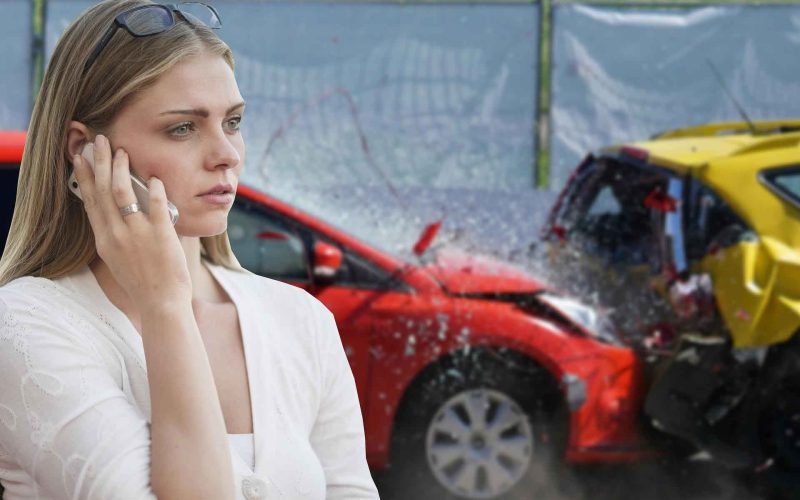
Table of Contents
Car accidents are unfortunate. However, if they happen, know that there are some protocols to follow. If you do so, it may help you deal with the police and your insurer. For example, you should know what to note down, whom to call, and what not to do. Read them now, so you know what to do at the time of the event. ~ Ed.

A car accident can happen so fast and unexpectedly. If you aren’t prepared, you may be at a loss about how to handle it. But no matter who is accountable, there are certain procedures you need to follow. If you don’t adhere to these, you could end up in trouble with the police, or your insurance may refuse to pay.
There are a few protocols you need to follow directly after an accident. We’ll cover them quickly below, but for more involved details on laws in your state, we recommend doing additional research – this is the ultimate guide to car accidents in California, for example.
That being said, let’s dive right in.
Know What to do Immediately after Impact
Right after an accident:
- Stop your car immediately. Driving off is an offense.
- Turn off your engine and put on the hazard lights.
- Check yourself and any passengers for injuries. Then check if anyone in the other car is hurt. Make a note if there are no injuries, as others involved could still try to claim.
- Call an ambulance if anyone is hurt.
Keep Calm and Don’t Apologize
Remember that while you can express concern for anyone involved in the crash, it’s important not to apologize. Doing so is an admission of guilt and can be used against you.
It can be challenging, but try to keep calm. Try taking some deep breaths. No matter what happens, don’t get angry – this could also harm your case.
Related Posts
Contact the Police
It’s important to inform the police of an accident, even if no major damage occurs, within 24 hours. Failure to do so could mean a fine, points off your license, or a license suspension.
You must also tell the police if the other driver leaves the scene without exchanging details, if you think they have been drinking or taking drugs, or if you think the accident was caused on purpose.
Exchange Details
You must exchange crucial details with those involved in a crash for legal reasons. You need to:
- Give your name and address to everyone involved, especially if anyone gets hurt.
- Exchange insurance information.
- Note down witness details.
- Ask if the other driver is registered as the owner of their car. If not, ask for the owner’s contact details and address.
- Take down all the license and registration info for the drivers and cars involved. Just note that sometimes, in the case of a truck, the vehicle itself and its trailer may have different plates, so write down both.
Record Evidence
Gather as much evidence of the scene as possible, especially if someone has been hurt and a case is opened. Take photographs and videos with your phone.
Record things like:
- The model, make, and color of the vehicles involved.
- The date and time of the crash.
- The driving conditions, such as lighting, weather, and road quality. Are there any road works?
- The kind of damage all vehicles incurred.
- Kinds of injuries people involved incurred.
Contact Insurance
Once you’ve dealt with immediate accident concerns, inform your insurance company. Even if accountability lies with the other driver, it’s best to tell them if the other driver tries to make a claim.
Give insurance your:
- Your policy number.
- Vehicle registration numbers for all cars involved.
- Accident details.
- Name, phone number, and address of each driver involved.
- Each driver’s insurance details.
A claims advisor will take this down and let you know the next steps for processing your insurance claim.
Conclusion
If you follow these steps, you are more likely to get through an accident without any complications. Be sure to gather as much evidence and details as possible to help support your case.
Over to you –
Have you ever had a car accident experience? If yes, then what did you do? Share your advice and tips in the comments.
Disclaimer: Though the views expressed are of the author’s own, this article has been checked for its authenticity of information and resource links provided for a better and deeper understanding of the subject matter. However, you're suggested to make your diligent research and consult subject experts to decide what is best for you. If you spot any factual errors, spelling, or grammatical mistakes in the article, please report at [email protected]. Thanks.

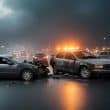



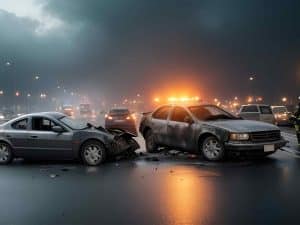
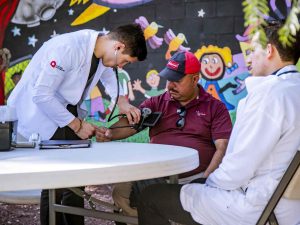
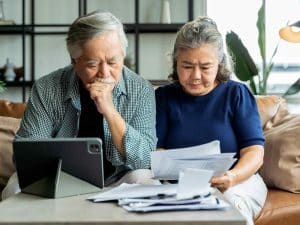



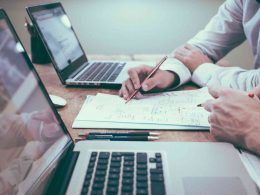

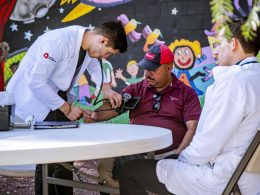

This is vital information. I’ve been in a car accident once. It was minor but enough to do some damage and total my car. Luckily, we had a witness who helped us with everything you’ve described here. I was very young and didn’t know these things myself so we were fortunate to that an experienced witness with us willing to help.